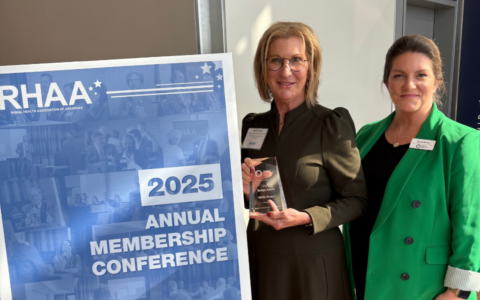



Interstate Medical Licensure Compact Passes in Arkansas

The Interstate Medical Licensure Compact (SB 119)(Act 269) passed this month in the state of Arkansas. The act aims to streamline the process for physicians to become licensed in multiple states, enhancing the portability of medical licenses and ensuring patient safety. Establishing the Interstate Medical Licensure Compact through Act 269 has several implications for health care in Arkansas, including:
- Improved Access to Health Care: The Compact makes it more feasible for doctors from other states to get licensed in Arkansas, which is especially helpful in rural areas where physician shortages are most severe.
- Faster Licensing: The expedited licensing process reduces administrative burdens and delays, allowing physicians to start practicing sooner. This is important for meeting urgent health care needs and improving access to care.
- Economic Benefits: By attracting more physicians to practice in Arkansas, the state can benefit economically from increased health care services and related activities. According to Heartland Forward, expanding Arkansas’s medical residency programs could generate $465 million in economic activity while addressing the state’s growing physician shortage.
- Collaboration Among States: The Compact facilitates information sharing and joint investigations among member states, which can improve oversight and ensure patient safety.
- Better Response to Emergencies: In case of emergencies or natural disasters, doctors from other states can quickly come to Arkansas to help.
According to the 2024 “Northwest Arkansas Health Care Vision 2030: Continuing the Transformation” report conducted by Tripp Umbach, persistent staffing shortages exacerbate health care workforce challenges, with more than 1,200 open positions for health care practitioners—such as physicians, nurses, and technicians—and an additional 1,500 openings in health care support roles. This bill will help close those gaps.
“Arkansas joining the Interstate Medical Licensure Compact is transformative in tackling physician shortages,” said Dr. Sarah Bemis, Heartland Whole Health Institute Associate Vice President of Workforce and Policy Affairs. “By streamlining the licensing process, the compact minimizes administrative burdens for physicians and significantly reduces recruitment-to-work waiting times for healthcare organizations,” she continued. “This ensures faster access to a wider talent pool, and most importantly, improves access to health care for Arkansans. The benefits are especially pronounced for telehealth service expansion efforts and care access in rural, border, and underserved areas. It’s inspiring to see Arkansas unite in its commitment to supporting health care professionals. When the health care workforce thrives, our entire state thrives.“
“The Interstate Medical Compact would immediately expand health care access, particularly in rural and underserved areas struggling with provider shortages,” said Judd Semingson, CEO of Community Clinic NWA. “It represents a transformative approach to primary care, prioritizing patient needs over regulatory constraints.”
Read more about Heartland Whole Health Institute’s policy priorities here.

News & Announcements


